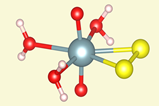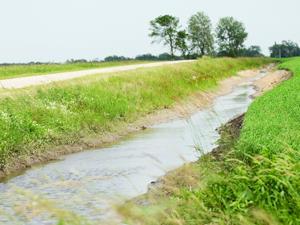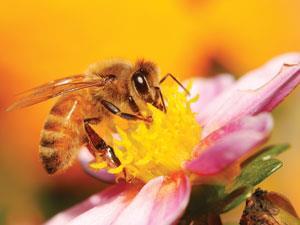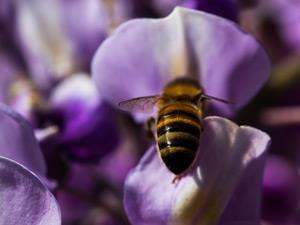Government body reports imidacloprid poses a threat to marine insects and soil-dwelling organisms
A Canadian government health agency is calling for a ban on the use of a neonicotinoid pesticide in farming, arguing the chemical is polluting waterways and harming aquatic insects.
Neonicotinoids are a class of neuro-active insecticide compounds used to kill pests on plants and crops. But their widespread use has been questioned in recent years, as evidence has emerged linked the pesticides to the death of honeybee populations. Little research has been done, however, to address how these chemicals are affecting other ecosystems.
In its recent environmental assessment, Health Canada found imidacloprid is present at elevated levels in waterways around Quebec and Ontario. After being sprayed, the pesticide passes through the soil and enters groundwater. The agency found the chemical poses a risk to aquatic insects, but not to fish or algae. Soil-dwelling organisms may also be harmed as a result of imidacloprid exposure.
Health Canada now recommends the government phase out the use of imidacloprid over the next three to five years.
















No comments yet